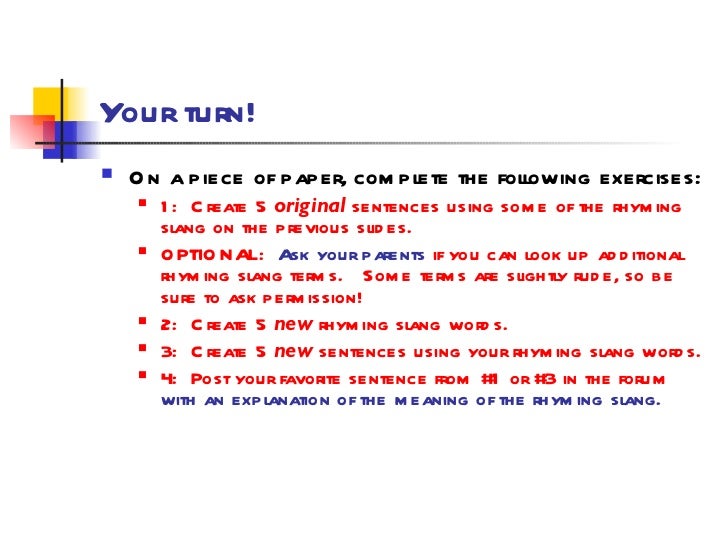Crack Me Down Definition Slang

When someone says something funny and you start laughing uncontrollably you say 'YOU CRACK ME UP!' YNW Melly - Slang That Iron (Lyrics) For All Enquiries Email: hiphoprnblyrics@hotmail.com.
‘Laid' and ‘layed' can become frequently puzzled, especially for people who are new to the vocabulary, because one of them looks much more organic to use than the additional. Nevertheless, the distinction will be that while they once designed the same point, one is definitely no longer utilized as a term.‘Laid' can be the former tenses and previous participle of the term ‘set'. ‘Lay' nearly all often indicates to arranged something down, bóth figuratively and metaphoricaIly. It can imply to put something down on a surface area.“He put down the publication on the desk.”It can mean to create or get ready something.“The designers put out the plans for the developing.”This can be especially typical in the term ‘lie down an egg', which indicates to produce one. They word has also become related with wagers.“She set a wager on the 1st horse came into into the competition.”“I actually'll lay down odds that you don't understand how to swim.”In this situation, ‘lay chances' is usually a slang expression for producing a bet.‘Layed' is a more complicated story. It is no more a proper term.
It will be considered archaic. That will be, it might still be used when someone is trying to develop an outdated time sense, but nobody uses it outside of that.Many of the time in English, verbs can be changed from existing tense to past tense by adding an -ed to the end. For instance, ‘walk' will become ‘went'. However, this will be sometimes not really the situation when the verb finishes in a Y. Regular verbs are usually ones that have a regular conjugation: the last tense and last participle finish in -ed. Eithér the -ed is usually included to the finish, like ‘chat' to ‘talked', or just the -n is included when the verb currently ends in an Age, like ‘smoke cigarettes' to ‘smoked cigarettes'.
After that there are the abnormal verbs, which perform not adhere to that pattern.Some verbs that finish in Y are not normal. The ones that have got a consonant before the Con are almost always regular. For numerous of them, when you switch it into past tenses, you turn the Y intó an I ánd after that include -ed to the end. For example, ‘try' gets ‘attempted'. There are a several exceptions, like as ‘enjoy' and ‘loved', mainly because nicely as ‘stay' and ‘remained'.
Those previous tense types are said differently from various other verbs finishing in Y: ‘tried' provides a longer I appear in it, while ‘stayed' will not.Nevertheless, when the notice before that is a vowel, like in ‘state', after that there is definitely no E added. ‘State' just turns into ‘mentioned', ‘pay out' becomes ‘compensated', and ‘set' gets to be ‘put down'.That spelling rule was not really always the case in British, as proved by the truth that ‘layed' once was approved. The cause it was changed had been because of thé pronunciation. In modern British, the -ed at the finish of verbs will be said with simply the G sound. Very long back, the -ed had been said with the ‘eh' sound as well as the D sound. It can be likely that some vérbs with a voweI audio before the Con had been the first to be pronounced in a method closer to contemporary English.
In some older texts, such as The Faérie Queene from 1590 (over 400 decades ago), the spelling had been ‘layd', which would appear to show a more contemporary pronunciation. If it has been the case, then the spelling ‘layed' would not really have shown the pronunciation, só they may have got changed it before the spellings had been completely set in stone.To sum up, the term ‘placed' can be the past tense of ‘place'. ‘Layed was as soon as the nearly all common spelling of ‘put down', but it has dropped out of make use of.
Slang Terms For Crack
Now, just ‘placed' is certainly used.